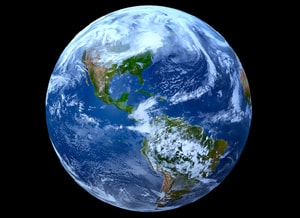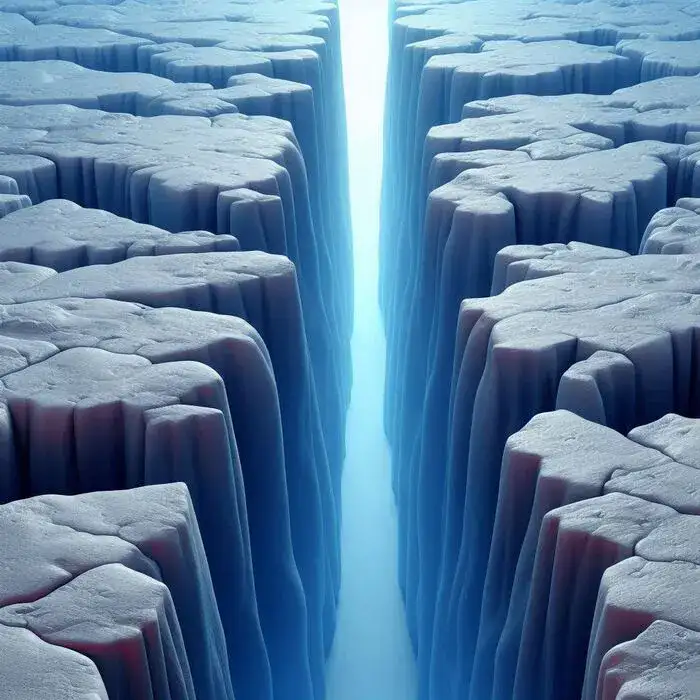Practice Reading & Listening on Earth Practice Reading & Listening on Earth for IELTS with a podcast, selected passage, illustrated flashcards and text-to-speech functionality transcribed by Mortaza Mousavi https://www.youtube.com/watch?v=HCDVN7DCzYE Earth, the only planet known to maintain life, a product of scientific phenomena and sheer chance. This blue speck in space holds the past, present, and future of our very existence. The genesis of earth Approximately 4.5 billion years ago, the Earth formed from particles left over from the creation of our sun. Gravity drew these particles together to form pebbles, which then formed boulders, and eventually, the Earth. The structure ...
Home » English Documentaries with Transcript » Practice Reading & Listening on Earth for IELTS

Practice Reading & Listening on Earth for IELTS
Updated: by Morteza Mousavi
Time to Read: 4 minutes | 590 Views | 10 Comments on Practice Reading & Listening on Earth for IELTS



I have something to say about the future of earth,that in every year we get more near to the earth and I haved read some where that in one billion years later,earth well be a place that its impossible to live on it because it is so near to the sun that everything on it haved been gun and destroyed and for example ,water,plant,rock and…..
Feedback
* Did you mean every year we get closer to the sun?
* I haved read some where = I have read somewhere
* well vs. will
* near something / next to something
* everything on it haved been gun = everything on it will be gone
The beauty and magnificence of earth is undeniable. There is yet so much to be discovered and to be found. The Earth has welcomed us _humans_ as home for hundreds of years and we should not take it for granted.
Feedback
An underline is not an appropriate punctuation mark to indicate an ellipsis. Instead, you can use hyphens or dashes.
Nature always fascinates me.
Feedback
* according to statistic laws = as statistics verify, support or confirm …
This facts that we know about earth, are so fascinating. The fact that it is not all of it and there is much to be discovered is even more wonderful. I hope that we humans be grateful about our earth and take good care of it.
Feedback
* The facts that we know about earth are so fascinating.
* there is much more to be discovered
* I hope that we humans will be grateful for …
Earth
The only planet known to maintain life. A product of scientific phenomena and sheer chance. This blue speck in space holds the past, present, and future, of our very existence. Approximately 4.5 billion years ago, the Earth formed from particles left over from the creation of our sun. Gravity drew these particles together to form pebbles which then formed boulders, and eventually, the Earth. At its heart is a solid inner core covered by a liquid outer core. Above this sits the mantle, made of flowing silicate rocks, and a rocky crust. This rocky mass is the third planet from the sun, orbiting the star from an average distance of about 93 million miles. It’s close enough to the sun to be warm unlike the cold gas giants.
But not so close that its surface is exposed to extreme heat and solar radiation as is the case with Mercury. Earth’s unique position in the solar system allows it to house phenomena yet to be found anywhere else in the universe, particularly liquid surface water and life. According to one theory, much of Earth’s water is as old as its rocks, both of which having formed during the Earth’s earliest days. Because of Earth’s unique distance from the sun, the planet is able to contain water in all of its forms, liquid, ice and gas rather than have them permanently frozen or evaporated into space. But Earth is the only known place in the universe with liquid water on the surface, thereby having unique cascading effects on the planet. It hydrates the land helping create nutrient rich soil. It collects and pools to form oceans and freshwater systems. And it cycles upward to add moisture to Earth’s protective atmosphere. And where there is liquid water, there is life. About 3.8 billion years ago in Earth’s oceans, primitive life existed in the form of microbial organisms. They and the ensuing billions of years, gave rise to a range of more advanced life forms that survived in Earth’s seas, lands and skies. As the only world known to harbor life, Earth’s biodiversity is expansive in nature. An estimated 1.5 million species of plants, animals, bacteria, fungi and others have been cataloged with potentially millions, if not billions more yet to be discovered. Home to life and fueled by water, Earth houses a unique global ecosystem as curious and as grand as the astronomical events, that made them possible.
Thank you for your transcription. There were some minor errors if you juxtapose the final version and your comment.